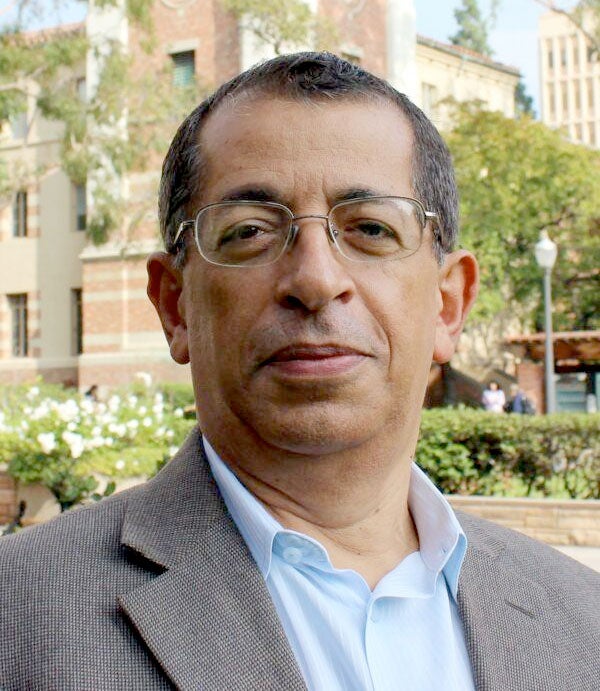Considerable progress in water desalination has been made since the early days of Reverse Osmosis (RO) membrane desalination and water treatment in reducing energy consumption through the introduction of energy recovery devices, effective process configurations, and more permeable high salt rejection membranes. Other developments also include low fouling membranes, high performance water treatment chemicals and effective processes for pretreatment of RO feedwater to mitigate membrane fouling and mineral scaling. Although RO desalination/treatment is a mature technology, the development, design and deployment of RO processes and systems can vary considerably depending on the specific application location (e.g., marine vessels, fixed or mobile deployment), required system capacity, raw feed water salinity and quality, target product water quality, regulatory requirements, capital and operating (O&M) costs, and operational flexibility and/or constraints. Given the above considerations, the design of RO systems has to account for various required attributes and/or constraints early in the process of system development and at subsequent stages of system design, construction and deployment. Accordingly, a number of examples will be discussed to illustrate a multidisciplinary team approach that extends from fundamental research to RO system design and ultimately field deployment. A systematic approach will be described of the progression from fundamental research, on seawater and brackish water desalination, to field deployment considering the following elements: (a) energy optimal RO plant configuration that considers operational strategy and physical system and thermodynamic constrains, (b) self-adaptive operation of directly integrated MF-UF-RO systems that employ model-based process control to mitigate RO membrane fouling, (c) flexibility of RO operational modes that allowing transitioning from cyclic semi-batch to steady state RO configurations to over a wide recovery range in a single system, and (d) handling variability of feed water quality aided via plant control that integrates real-time quantification of fouling indicators and membrane surface monitoring. Specific examples will include: (i) seawater desalination plant for deployment in a naval ship, (ii) mobile inland brackish water/agricultural drainage water treatment/desalination plant, and (iii) flexible RO system for deployment in remote communities and for mobile applications.

Dr. Yoram Cohen received his B.A.Sc. (1975), and M.A.Sc. (1977) in Chemical Engineering, from the University of Toronto, and his Ph.D. from the University of Delaware in 1981. He is a Distinguished Professor of Chemical and Biomolecular Engineering at the University of California, Los Angeles (UCLA) where he has been a member of the Faculty since 1981. He is a UCLA Luskin Scholar at the Center for Innovations at the School of Public Affairs; and a Rosalinde and Arthur Gilbert Foundation Chair. He is a founder and Director of the UCLA Water Technology Research Center; and a co-founding member of the UCLA/National Science Foundation (NSF) Center for the Environmental Implications of Nanotechnology (CEIN) which received the 2012 California Governor’s Award in Green Chemistry. He was also elected AIChE Fellow in 2009. In 2008 he received a County of Los Angeles Commendation, a State of California Senate Certificate of Recognition, and a Certificate of Special Congressional Recognition (US) for contributing to legislation to protect public health and dedicated service to the Los Angeles community.
Dr. Cohen is a recognized expert in water purification and desalination, membrane separation processes, water systems process optimization and control, separation processes, surface nano-structuring, environmental impact assessment/ protection, computational toxicology, and machine learning and nanoinformatics. Dr. Cohen has developed patented technologies for water treatment and desalination, membrane synthesis, membrane process monitoring, chemical sensors, self-adaptive process control, and surface nano-structuring with polymers. His current water technology research focuses on distributed smart water treatment/desalination systems, the water-food-energy nexus, water reuse, process monitoring, optimization and control of membrane based processes, and RO/NF membrane development. Dr. Cohen's research and community work have contributed to policy and regulatory environmental protection efforts to reduce community risks from exposure to chemical contaminants; to promote water reuse; and to assist disadvantaged communities' development of clean drinking water resources.

